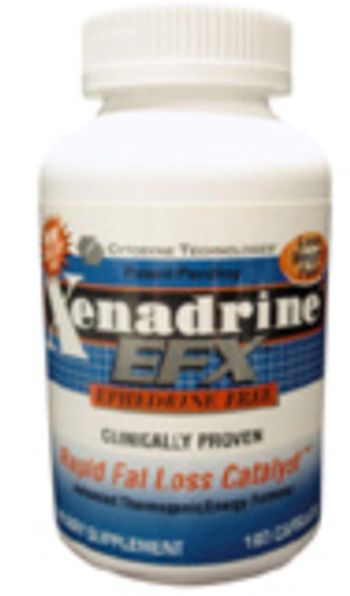
The looming shift to cross-border compliance in Europe puts the spotlight on the evolving role of chief compliance officers.

The looming shift to cross-border compliance in Europe puts the spotlight on the evolving role of chief compliance officers.

Inter Partes Review can potentially offer a more economical and streamlined litigation strategy for pharma and biotech players, writes David Dalke.

Long before a deal is signed in ink, a company's compliance and legal team should be involved in the vetting process, writes Severin Wirz.

As the pacing picks up around dealmaking as the alternative to organic growth, Pharm Exec brings together experts from big Pharma and biotech to dissect the road ahead for M&A, licensing, and partnership activity.

Europe follows the United States with a harsh new spotlight on agreements that slow generic entry for medicines losing exclusivity.

As small biotech firms test the water in partnerships with Big Pharma, the best calling card is a well-framed strategy on intellectual property.

Caronia decision shows the staying power of Sorrell v. IMS Health.

Courts across the country are making it easier to prove that a drug is unsafe, warning label notwithstanding.

Compliance officers have risen into management's highest ranks, by choice in some organizations, and by government decree in others. Either way, their importance as a strategic partner can hardly be understated.

IP must adapt to new ways of extracting value from assets the industry never knew it had, writes William Looney.

Pharmaceutical trade dres is an effective marketing tool that helps boost product recognition for consumers. It's worth protecting.

State tech transfer laws giving universities automatic ownership of employees' inventions represent a threat to pharma partnerships-but the Supreme Court is poised to intervene in the industry's favor.

To what extent are generics companies obligated by law to request labeling changes with FDA?

The Federal Circuit court continues its trend in tightening the standards for establishing patent damages by leapfrogging a stalled legislative process

Stepped-up enforcement of the Foreign Corrupt Practices Act requires enhanced global coordination of compliance

If companies aren't careful with their marketing spend, they could, in fact, wind up getting too much bang for their buck

A recent Supreme Court decision leaves open the debate on patent eligibility requirements.

The final part in our series on how to draft enforceable post-employment restriction agreements that will protect trade secrets and customer goodwill.

Courts are often hesitant to enforce such restrictions, so employers should take certain steps prior to and in the process of filing such a lawsuit.

How to draft enforceable post-employment restriction agreements that will protect trade secrets and customer goodwill.

A little-known provision in a new law rewards employees for blowing the whistle on tax fraud. Pharma should examine its tricky tax situation-and work out the issues on a global level.

Compliance requires overcoming cultural barriers. To start with, in some countries the taboo against bribery is not as strong as it is here.

Documents from R&D, clinical affairs, regulatory, and sales and marketing can be in the millions. Throw electronic information into the mix, and the number of documents required for litigation increases exponentially.

When one company purchases another's branded trademarks as keyword search terms, the goal is to lure consumers to the buyer's site.

In cases that reached a verdict between 2002 and 2006, the branded pharma industry won six of six cases by verdict in Delaware, but lost six of eight in New Jersey, all by summary judgement. Despite what judges say, it's no coincidence.